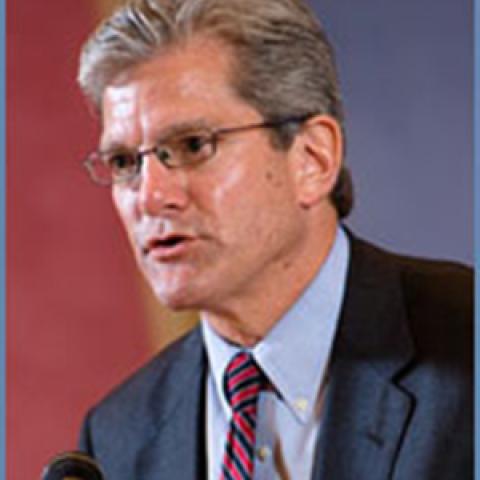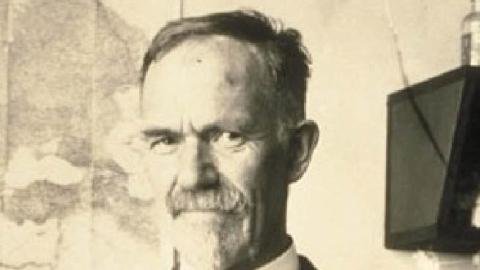
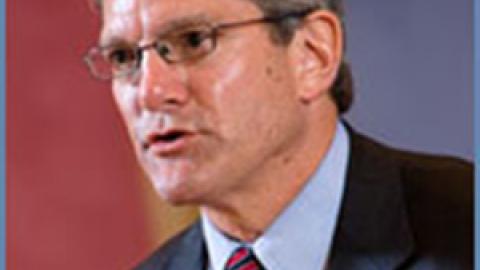
22
May 2013
Past Event
Donor-Advised Funds: Warehouses of Wealth?
Featured Speakers:
William A. Schambra
Gregory W. Baker
Whitney Ball
Ray Madoff
Sarah Frostenson

22
May 2013
Past Event
Donor-Advised Funds: Warehouses of Wealth?
__The Chronicle of Philanthropy__'s survey on the nation's largest donor-advised funds found that donor-advised funds are accumulating assets at a far
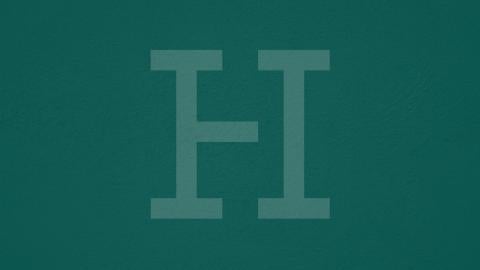
Featured Speakers:
William A. Schambra
Gregory W. Baker
Whitney Ball
Ray Madoff
Sarah Frostenson
10
February 2011
Past Event
A Book Discussion on "Mistakes to Success: Learning and Adapting When Things Go Wrong"
Featured Speakers:
William A. Schambra
Rick Cohen
Robert Giloth
Rachel Mosher-Williams
George Roter

10
February 2011
Past Event
A Book Discussion on "Mistakes to Success: Learning and Adapting When Things Go Wrong"
Do foundations make mistakes? If so, why do we so seldom hear about them? And if foundations don't talk freely about their errors, how can they learn

Featured Speakers:
William A. Schambra
Rick Cohen
Robert Giloth
Rachel Mosher-Williams
George Roter
25
January 2011
Past Event
A Book Discussion on "American Foundations: Roles and Contributions"
Featured Speakers:
William A. Schambra
David Hammack
Susan Ostrander
Steven Rathgeb Smith

25
January 2011
Past Event
A Book Discussion on "American Foundations: Roles and Contributions"
__American Foundations: Roles and Contributions__, edited by David Hammack and Helmut Anheier, is one of the most authoritative collections of scholar

Featured Speakers:
William A. Schambra
David Hammack
Susan Ostrander
Steven Rathgeb Smith
16
February 2010
Past Event
Nonprofits Divided over "Citizens United?"
Featured Speakers:
William A. Schambra
Allison Hayward
Abby Levine
Larry Ottinger
Cleta Mitchell
Bob Edgar

16
February 2010
Past Event
Nonprofits Divided over "Citizens United?"
When the Supreme Court handed down its long-awaited decision in __Citizens United v. Federal Election Commission__ on January 21, President Barack Oba

Featured Speakers:
William A. Schambra
Allison Hayward
Abby Levine
Larry Ottinger
Cleta Mitchell
Bob Edgar
Sort by:

Caption
A Telescope pointed at the sea and distant mountains in Cerbere, France, on August 31, 2024. (Getty Images)

Caption
The Underground Railroad by Charles T. Webber. (Cincinnati Art Museum via Wikimedia Commons)
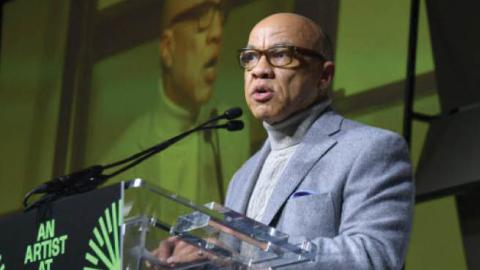
Caption
President of the Ford Foundation and recipient of Sundance Institute's Vanguard Award for Philanthropy Darren Walker speaks during 2020 Sundance Film Festival - An Artist At The Table Presented By IMDbPro Dinner & Reception at Juniper at Newpark on Januar

Caption
(Tomoji Hirakata/Getty Images)
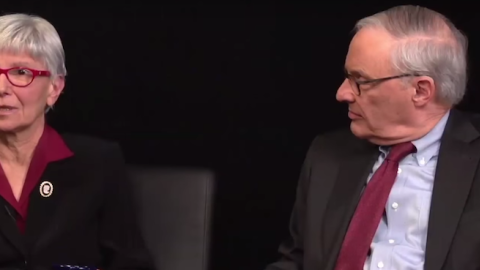
Caption
Amy and Leon Kass in 2014

Caption
(Óscar López Rogado/Getty Images)
















